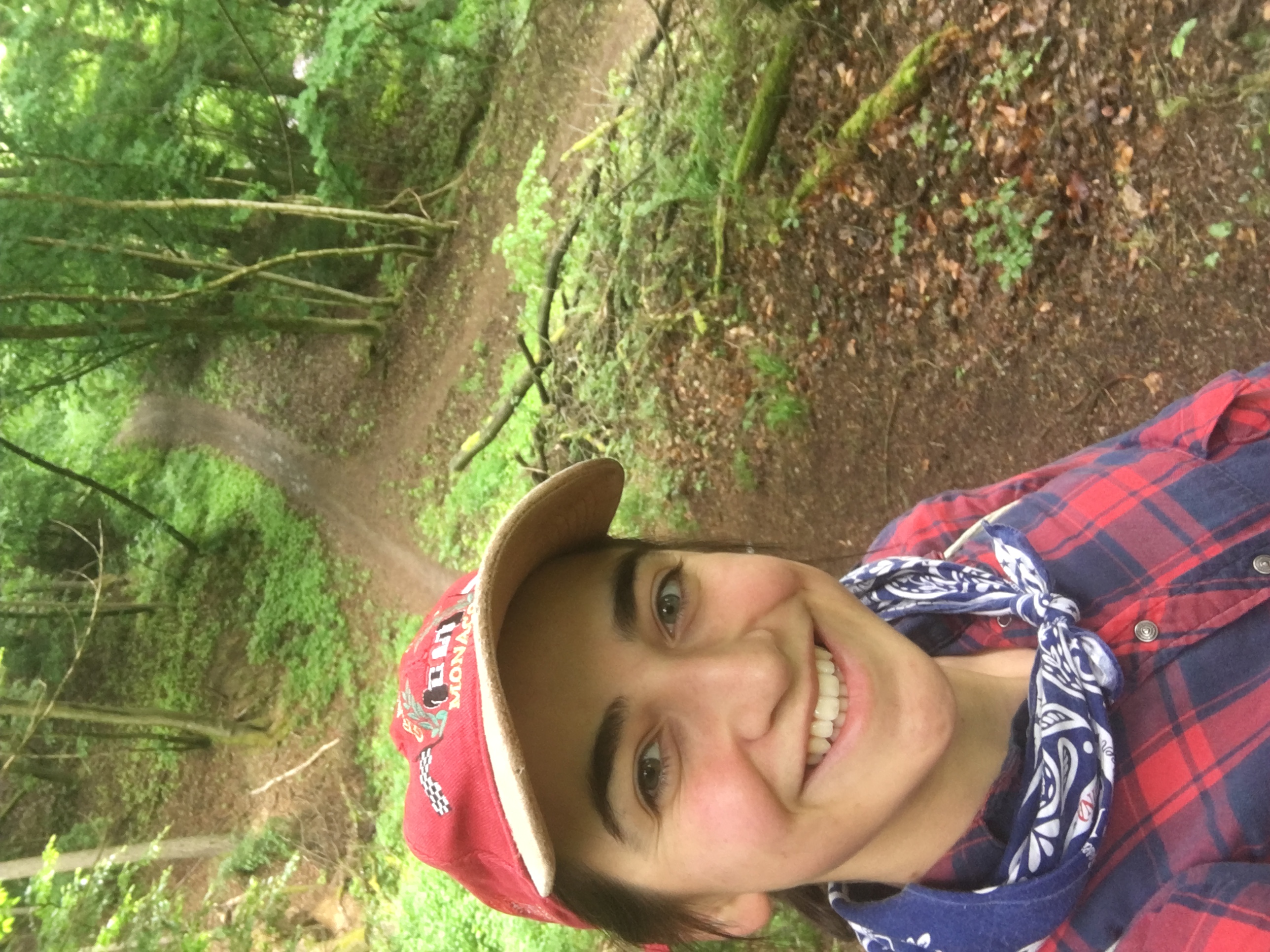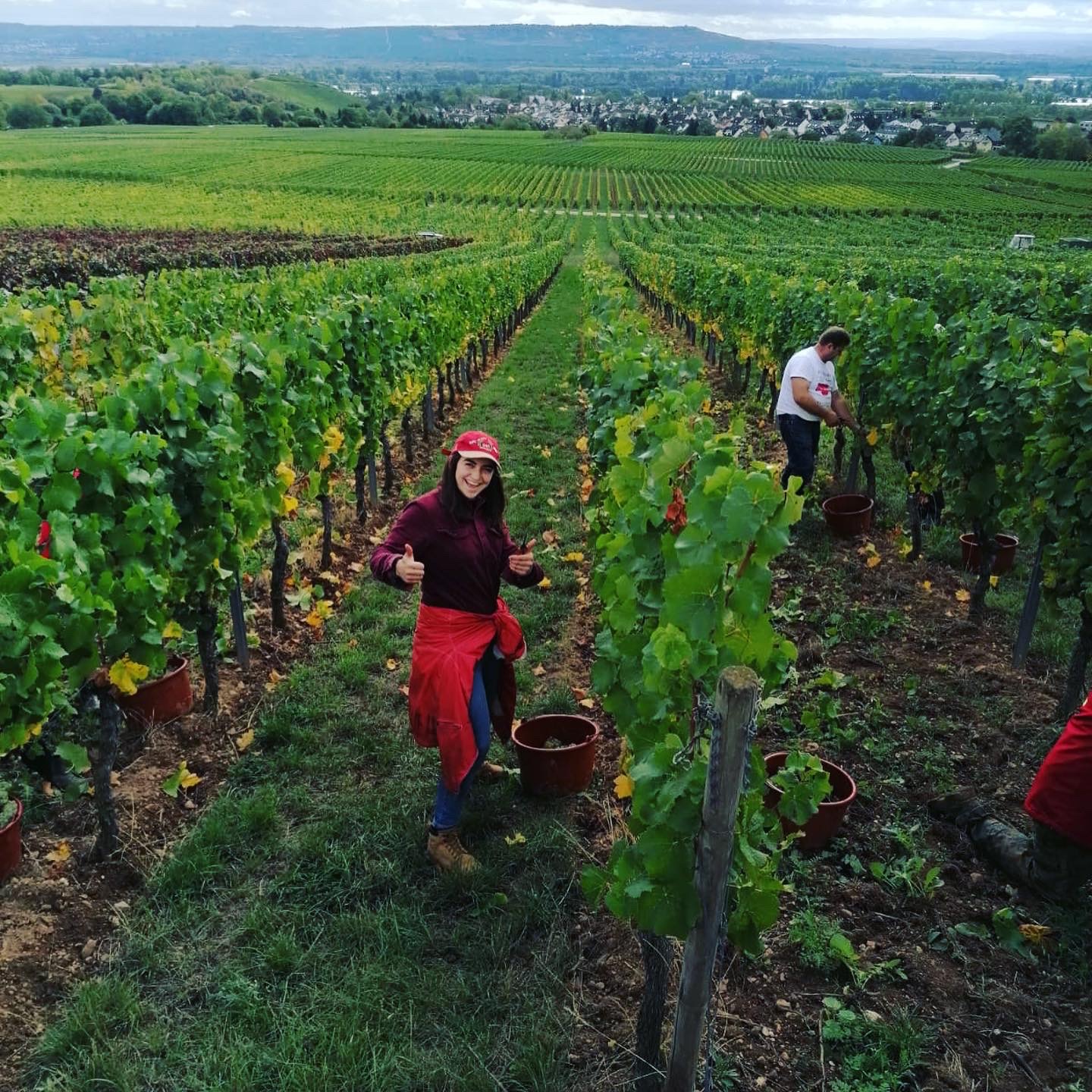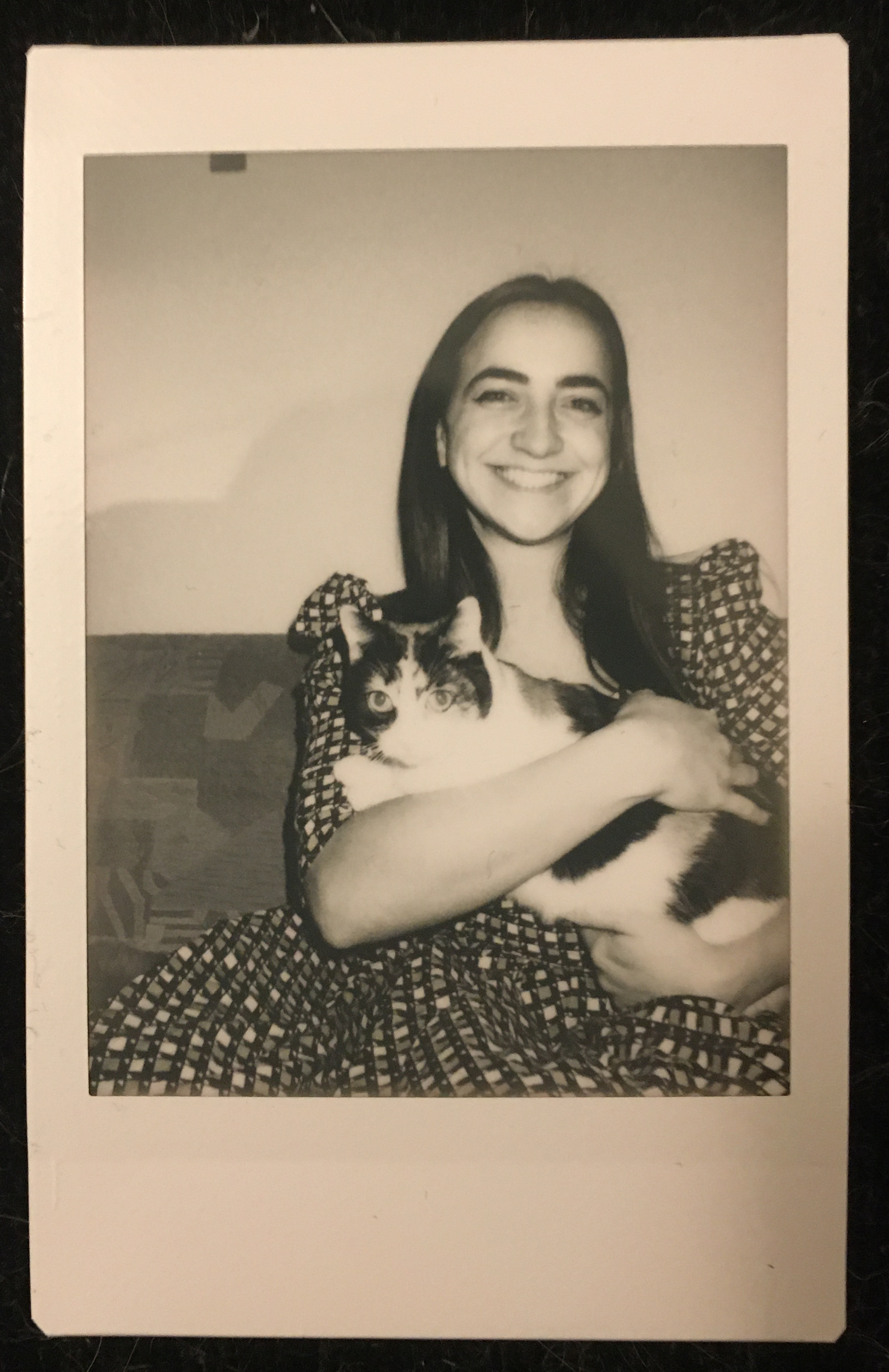Studying German language and Riesling in the wine region of Rheingau
After returning from JYM and graduating with a B.A. in Global Education, Elsa Ericson (JYM 2013-14) gradually discovered her passion for wine-making which led her from Sonoma County to Rheingau. Her time in Munich and the language skills acquired were her ticket to a spot at the University of Wiesbaden for a formal education in wine-making. Here she tells of her journey back to the land of Riesling!
After returning from JYM and graduating with a B.A. in Global Education, Elsa Ericson (JYM 2013-14) gradually discovered her passion for wine-making which led her from Sonoma County to Rheingau. Her time in Munich and the language skills acquired were her ticket to a spot at the University of Wiesbaden for a formal education in wine-making. Here she tells of her journey back to the land of Riesling!

My journey back to Germany has been a long time coming. I knew I'd be back; I just didn't think it would take me six years. A year in 2013-14 wasn't enough time. JYM was one of the most wonderful years of my life, from the people I met to the places I traveled and how much I learned about myself. My only regret is not working more on my German.
I only began to feel like I had a good handle on it the last few months when the Germans finally gave me a chance when I spoke with them instead of immediately switching to English. I guess I was too busy hanging out in Pot or Manhattan with the Amis making wonderful memories. That was a huge reason for my decision to go back, to be able to say I was totally fluent.
After finishing up my B.A. in Global Studies at the University of Minnesota I moved to Asheville, NC to do some soul-searching for a career. I was interested in politics but quite disillusioned with the likelihood I could affect real change by making a career in it. I had several friends, who had already burned out in grassroots politics and social work and I couldn't imagine myself in politics in any other capacity. I left college with an identity crisis but I knew if I gave myself some time and space, I'd fall into the right career.
First off on my journey to self-discovery, I moved to Asheville to escape the long and bitter Minnesota winter the first chance I got. The winter of 2013 in Munich was the first time I experienced what I considered to be a warm winter. Visiting England over the holidays I stopped dead in my tracks when I saw green grass. I had never considered that in some places not everything dies in winter. This is when I realized how Minnesota in the winter was pure tundra. It was harder than ever to return for my senior year there.
I started working as a host in upscale restaurants. Asheville, NC is a tourist town with a happening food scene. I ended up at Posana, a modern American joint with a ten-page wine list. I had been a server at breweries in Minneapolis but they wouldn't move me up to serving unless I could prove my wine knowledge. I knew what Cabernet and Chardonnay were but not much else. The initial action of them turning me down for a job for lack of wine knowledge ignited some spark within me to prove them wrong. I bought a stack of wine books off the internet and got to studying. I worked my way through them all and after several months was given a chance to start serving. My commitment to learning about wine transformed from obligation to genuine interest.
I began organizing blind-tasting nights with the staff where we tasted our way through the wine list. We would guess the region and the grape variety by discussing how the wine smelled, looked, and tasted. To have ignored my sense of smell and taste for so long, only to reveal that with practice those senses were capable of deducing the life history of juice in my glass was wild. A whole new world had been uncovered. I had found something that spoke to me and was eager to get more involved in the world of wine.
The next step had to either be New York to become a sommelier or to California to work in a wine cellar. I decided on California and worked my first wine harvest in 2018 at Francis Ford Coppola winery. I'm sure my coworkers tired of my enthusiasm. Working in a winery in California is as common a job as working as a corn farmer in the Midwest. I got a lot of blank stares when I volunteered to extend my contract to work on the bottling line which I quickly learned more closely resembles Charlie Chaplin's Modern Times than Sideways. It was repetitive factory work, not esoteric musings on Merlot.

From my time in California, I learned that there is a whole community of what they call "harvest interns" that work the wine harvest continually by flying between the Northern and Southern Hemisphere every six months. It sounded dreamy so I asked around and eventually found a friend of a friend who knew Chilean winemakers and could put me in touch.
I narrowly secured a visa to work in Chile. Both excited and hesitant, I packed my bags and rehearsed my shabby high school Spanish. Chilean Spanish is a different breed, with twice the speed, a silent s, and an unbelievable amount of slang. Those tension headaches I got when I first landed in Germany came back unexpectedly. I spent three months down south in total.
Eager to continue to improve my monetary circumstances long-term in a field I had grown to love, I decided some formal winemaking education was in order. There was a small university in Germany I had heard of that had a stellar wine research program and enough of a reputation that Californian winemakers knew of it: Hochschule Geisenheim University. With the B2-Goethe Language Certificate that JYM helped me achieve during my study abroad year, I applied and gained admission last summer.
It is now my second semester of six in Geisenheim and I love it. I'm working at a wine bar in Wiesbaden and in the vineyards part-time, getting to know German and international winemakers. Mainly Riesling reigns, but Pinot Noir fairs surprisingly well and has many supporters. Not only is that a true statement but it is also the sentence I use to remember Germany's thirteen wine regions: Mosel, Rheingau, Rheinhessen, Baden, Pfalz, Nahe, Franken, Sachsen, Württemburg, Ahr, Hessische-Bergstrasse, Mittelrhein, Saale-Unstrut.

My German is improving leaps and bounds with each passing day. I even managed to pass the C1 DSH my first semester! My unfinished business in Germany seems to have resolved. Fluency was the goal. I will probably return to the U.S. after my three years here just because there is more opportunity for vertical career growth in the U.S. as well as earning potential.
The small wineries in Germany usually stay in the family, and although the best-aged Rieslings command quite a high price, the majority of German winemakers have trouble breaking the glass ceiling. The average price of a bottle of wine in Germany is €1,50.
For the time being, I will continue living in Wiesbaden with my cat, hiking along the Rhine river banks on weekends, and enjoying the German bath culture. Wiesbaden is a city of several geothermal springs with lovely old bathhouses, which remind me of the neo-classical bathhouse Volksbad in Munich on the Isar. The pools here have just reopened and it's a sunny day tomorrow. I think I'll head to the Opalbad on Neroberg, which overlooks the city. Mit freundlichen Grüßen aus Wiesbaden, Elsa Ericson!